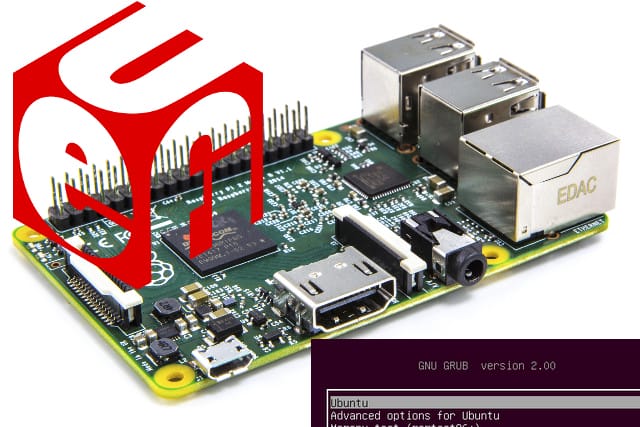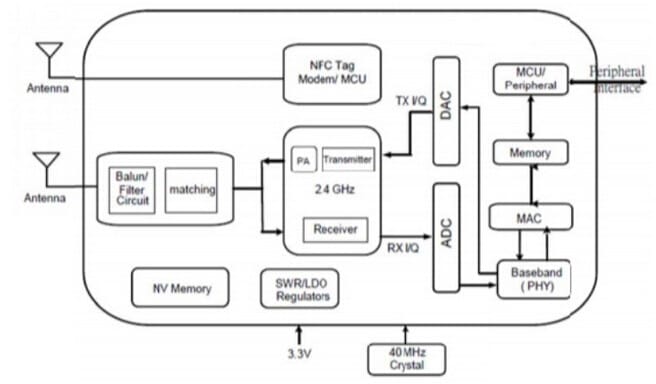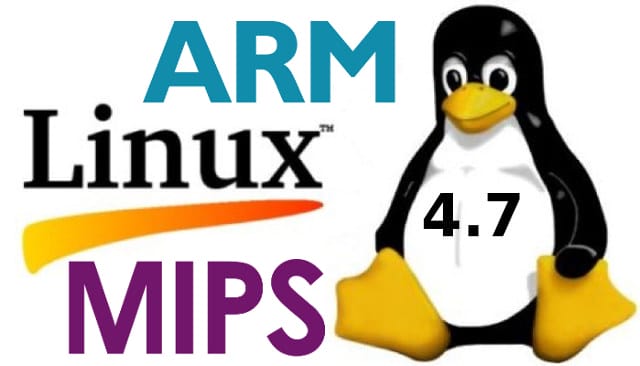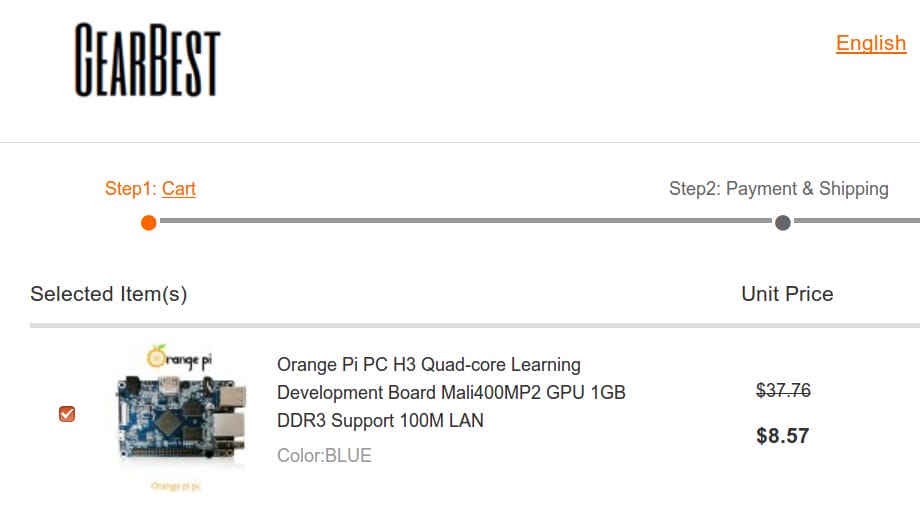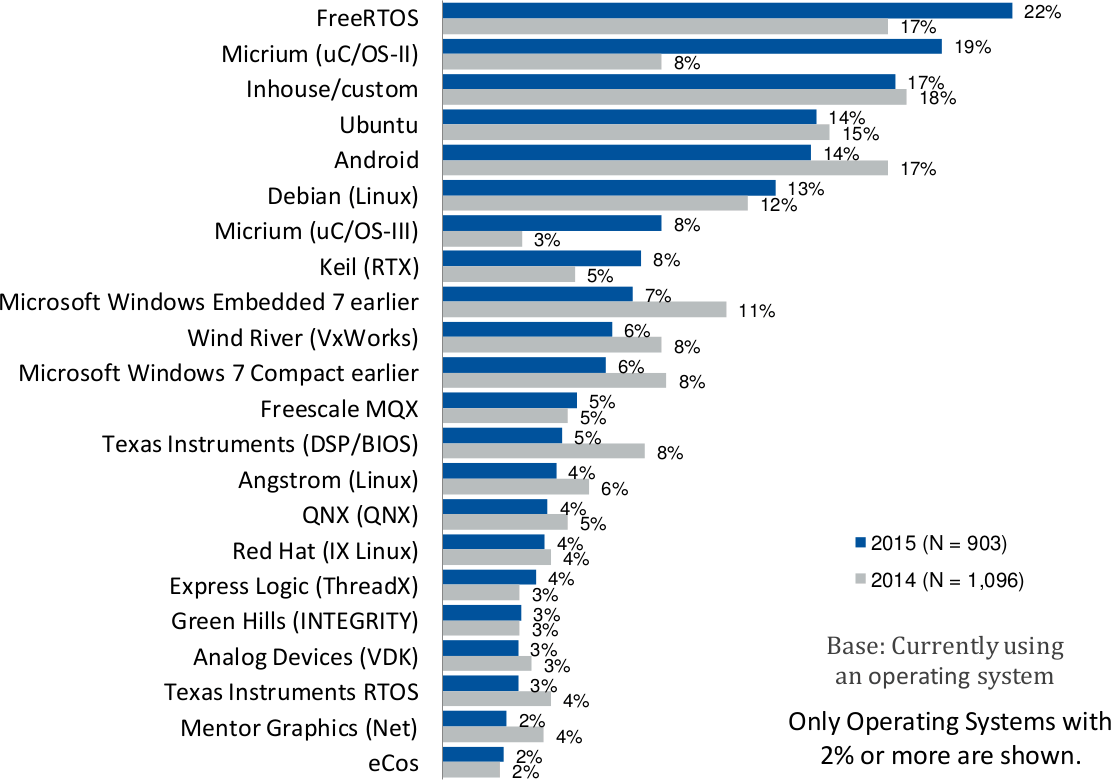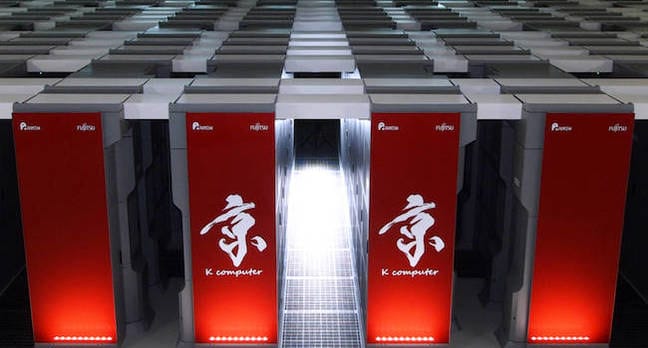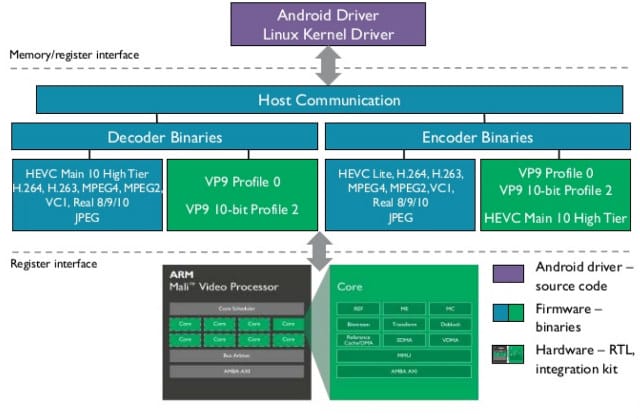Intel/AMD x86 based computers now boot via a standard UEFI binary, which can load grub2, allows you to update the command line as needed, or select different version of the Linux kernel. On ARM everything is a little more complicated and messy, as bootloaders such as U-boot need to support different configurations formats. Alexander Graf has been working on implementing UEFI support in U-boot, and it’s now supported by U-boot mainline and enabled by default for 32-bit and 64-bit ARM platforms, but not x86-64 (yet). That means you should now be able to boot any ARM boards supported by mainline U-boot through UEFI. Alexander gave a presentation about his work at an openSUSE event in June, and demonstrated u-boot with UEFI, and GRUB2 support with an openSUSE image running on a Raspberry Pi board. Thanks to David for the tip. Jean-Luc Aufranc (CNXSoft)Jean-Luc started CNX Software in 2010 as a […]
Intel Smartwatches are Hot! So Hot, They May Burn Your Skin
Low power in constrained spaces is a tricky business, even for ARM based SoCs with the Qualcomm 810 overheating saga a few months ago. Now it’s time for Intel to feel the heat, as the company has has to recall Basis Peak smartwatches / fitness trackers due to potential overheating causing skin burns. Josh Walden – senior vice president and general manager of the New Technology Group at Intel Corporation – stated: On behalf of the Basis Science team, I want to personally apologise for this situation, we know that many of you love using your Basis Peak watches and have made them part of your daily lives, and we are very sorry for the disruption this will cause you, we had hoped to update the software on your watch to address the problem, unfortunately, despite our best efforts, we aren’t able to develop such a solution without completely compromising […]
Development Resources for Realtek “Ameba” RTL8710, RTL8711, and RTL8195 WiFi SoCs
We were made aware of a potential ARM based ESP8266 competitor last week with Realtek RTL8710 WiFi modules selling for about $3.5 shipped per unit, and under $2 per unit for larger orders (100+ pieces). Hardware is good, but for a platform to be successful, or even just useful, you also need software support. So I started doing some research into IoT-Tech BBS and asked ICStation for an “SDK” for the module they sold. I ended up on this forum post providing an “Realtek RTL8710 SDK” via Baidu (password: brwp), which turned out to be about the same as the Google Drive link provided by ICStation, and only contain minimal documents, as well as cracked Windows IAR Embedded Workshop and JLink tools. There are also some more technical details in Chinese only in another forum post, and well as B&T RTL8710 module datasheet (PDF). However, if you don’t read Chinese […]
Linux 4.7 Release – Main Changes, ARM and MIPS Architectures
Linux 4.7 is out: So, after a slight delay due to my travels, I’m back, and 4.7 is out. Despite it being two weeks since rc7, the final patch wasn’t all that big, and much of it is trivial one- and few-liners. There’s a couple of network drivers that got a bit more loving. Appended is the shortlog since rc7 for people who care: it’s fairly spread out, with networking and some intel Kabylake GPU fixes being the most noticeable ones. But there’s random small noise spread all over. And obviously, this means that the merge window for 4.8 is open.Judging by the linux-next contents, that’s going to be a bigger release than the current one (4.7 really was fairly calm, I blame at least partly summer in the northern hemisphere). Linus Linux 4.6 brought USB 3.1 superspeed, OrangeFS distributed file system, 802.1AE MAC-level encryption (MACsec), and BATMAN V protocol support, improved […]
Orange Pi PC Board is now selling for $8.57 Shipped (Promo)
[update: the flash sale is over] Orange Pi PC is an ARM Linux development board based on Allwinner H3 processor, that is relatively popular thanks to its low price/features ratio, and decent Linux support mostly thanks to the combined work of linux-sunxi and armbian communities. The board normally sells for $15 + shipping on Aliexpress, but GearBest appears to have a promotion for $8.57 shipped. Before you go ahead with any purchase. You’ll notice the board is shown for $9.23 in China and US-LA warehouses, but $24.35 in their European warehouse. The price (china warehouse) goes down to $8.57 once you had it to the cart. It could be a genuine promotion, but it could also be a mistake. If the latter, you’ll get a refund or possibly a voucher of the same value for future purchases. I’ve asked my contact at GearBest, but no answer yet. GearBest confirmed it […]
Micrium µC/OS RTOS Is Now Free for Makers and Startups
According to UBM embedded market study for 2015, Micrium µC/OS real-time operating system only came second after FreeRTOS when the company asked close to 1,000 engineers and managers around the world which operating systems they were currently using in their embedded products. The OS appears to be particularly popular in Asia, and the results are all the more impressive considering it’s a commercial operating systems. But Micrium decided to bring more people on board by announcing a free version called µC/OS for Makers targeting hobbyists and startups (<$100k revenues) in February earlier this year. The real-time operating system includes a preemptive multitasking real-time kernel with optional round robin scheduling, has a low footprint (6K to 24K bytes code space, 1K+ bytes data space), support various types of targets including ARM Cortex-M and Cortex-A based MCU and processors such as STMicro STM32, NXP Kinetis, Cypress PSoC5, etc.., as well as Atmel […]
ARMv8 64-bit Processors To Replace Intel Xeon and SPARC64 Processors in Some Supercomputers
There’s been some news recently about Sunway TaihuLight supercomputer which nows top the list of the 500 fastest super computers with 93 PFLOPS achieved with Linpack, and is comprised of 40,960 Sunway SW26010 260 core “ShenWei” processors designed in China. But another interesting development is that ARMv8 are also slowly coming to supercomputers, starting with TianHe-2 super computer which is currently using Intel Xeon & Xeon Phi processors and second in the list, but according to a report on Vrworld, the US government decided to block US companies’ sales (i.e. Intel and AMD) to China as they were not at the top anymore, and also blocked Chinese investments into Intel and AMD, so the Chinese government decided to do it on their own, and are currently adding Phytium Mars 64-core 64-bit ARM processors to expand TianHe-2 processing power. Once the upgrade is complete Tianhe-2 should have 32,000 Xeons (as currently), […]
ARM Announces Mali Egil Video Processor with VP9 Decode, VP9 & HEVC Encode, and 4K @ 120 Hz Support
ARM has recently introduced Mali “Egil” video processor with support for VP9 Profile 0 (8-bit) and 10-bit Profile 2decoding, as well as VP9 8-/10-bit, and HEVC Main 10 encoding, on top of the currently supported codecs in Mali V550 VPU unveiled in 2014. The new VPU can also support displays ranging from 1080p60 up to 4K @ 120 Hz depending on the number of cores chosen in the VPU, clocked at 800 Mhz, and manufacturing using 16 nm FinFET technology. Mali Egil also brings some other improvements such as a redesign of the motion estimation engine, and finer granularity. From a user’s perspective, that means that 4K YouTube videos should be available in premium mobile devices soon, as well as higher quality video conference thanks to H.265 encode and decode. You can find some more information in the “Introduction to the Mali Egil Video Processor” presentation slides. Jean-Luc Aufranc (CNXSoft)Jean-Luc […]


